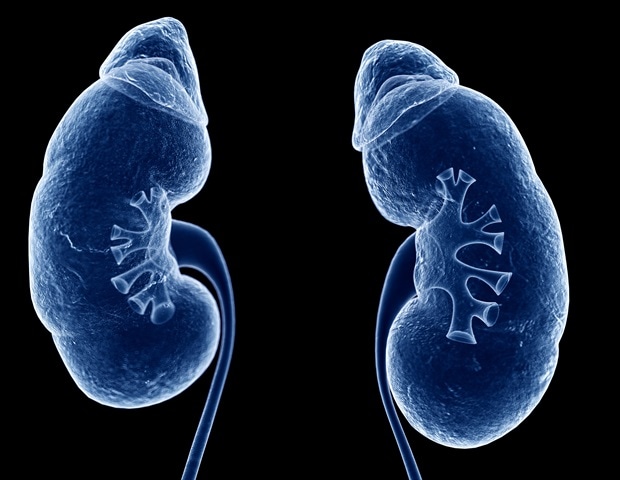
It is just as safe and effective for people with HIV in need of kidney transplantation to get their organ from donors who are also HIV positive as it is from donors who are not infected with the virus, a new study shows. Survival rates for organ recipients one and three years after the procedure were the same for donors with or without HIV. Also the same were risks of serious side effects, such as infection, fever, and rejection in the donated organ.
In what is the largest comparative trial of the experimental procedures since the first transplant was performed in the United States in 2016, researchers at NYU Langone Health say their study findings further support formally adopting the use of organs from donors with HIV as standard clinical practice for people with HIV in need of kidney transplantation.
Spurred by a worldwide shortage of organ donors, the U.S. Congress passed the HIV Organ Policy Equity Act, or HOPE Act, in 2013, paving the way for first efforts to learn if kidney donors with HIV could safely donate to recipients who also tested positive for the virus. Nearly 90,000 Americans are currently on waiting lists for kidney transplantation, and those in need of a kidney transplant who are HIV positive are more than twice as likely to die while waiting than those who are HIV negative.
HIV-to-HIV transplantation has not been formally accepted as the standard of care. Concerns existed about organ recipients becoming infected with other strains of HIV, potentially leading to so-called HIV superinfection. Experts also initially feared that recipients’ need for ongoing postsurgical immunosuppression would damage either the donated organ or lead to resurgence of the recipient’s HIV viral blood counts. A serious complication in all transplantation is that the recipient’s immune system will recognize the donated organ as “foreign” and attack it, much like it would an invading virus. For this reason, immune-suppressing drugs are used to prevent organ-transplant rejection. However, early success with HIV-to-HIV kidney transplantation alleviated these concerns.
Publishing in the New England Journal of Medicine online Oct. 17, researchers analyzed the outcomes for 198 kidney transplantations to people with HIV at 26 medical centers across the U.S. from 2018 to 2021.
Results showed that for kidney transplants performed using organs from 99 donors with HIV and 99 without HIV, one-year survival rates for HIV-positive recipients were the same (at 94% and 95%, respectively). Three-year survival rates were also similar (at 85% and 87%). Organ rejection rates were also numerically on par after three years (at 21% and 24%.) Other measures for surgical outcomes, including the number of side effects that occurred, were also roughly the same for both groups.
While most of the study’s kidney recipients maintained viral suppression of HIV posttransplant, HIV blood counts spiked in 13 patients who received kidneys from donors with HIV. Just four such resurgent spikes occurred with organs from donors who were HIV negative. However, the researchers attributed these incidences to recipients’ not taking their antiviral medications as prescribed, and viral suppression returned with tighter adherence to drug treatment. One superinfection was detected, but with no clinical effects on the organ recipient.
“Our study demonstrates overwhelmingly that kidney transplantation from donors who are HIV positive to HIV-positive recipients is safe and effective,” said study senior investigator and transplant surgeon Dorry Segev, MD, PhD. Segev is vice chair in the Department of Surgery at NYU Grossman School of Medicine and director of its Center for Surgical and Transplant Applied Research (C-STAR). Segev also helped draft the HOPE Act and advocated for its passage. His team also performed the first HIV-to-HIV kidney transplantation at Johns Hopkins, where he worked previously.
“Thanks to the HOPE Act and this NIH-funded multicenter trial, our research offers clear evidence for moving kidney transplantation in people with HIV from the experimental phase to standard clinical practice and updating guidelines accordingly,” said Segev, who is also a professor in the Departments of Surgery and Population Health at NYU Grossman.
These findings offer hope for the thousands of people with HIV in the U.S. and around the world who are in need of kidney transplantation, and to many more people where HIV infection and kidney diseases are more common.”
Dorry Segev, MD, PhD. Segev, Vice Chair, Department of Surgery, NYU Grossman School of Medicine
The U.S. Department of Health and Human Services in September proposed policy changes to make HIV-to-HIV transplantation the standard of care for both kidney and liver donors.
Segev says more research is needed to determine the safety and effectiveness of transplanting other organs, such as the heart and lungs, from HIV-positive donors.
Funding for the study was provided by National Institutes of Health grants R01AI120938, R01DK131926, U01AI134591, U01AI138897, U01AI1772111, and R01DK101677.
Segev has served as a consultant for pharmaceutical and healthcare companies AstraZeneca, CareDx, Moderna Therapeutics, Novavax, and Regeneron, and has received speaker fees and honoraria from Springer Publishing, AstraZeneca, CareDx, Houston Methodist, Northwell Health, Optum Health Education, Sanofi, and WebMD. None of these groups were involved in the current study. The terms and conditions of all of these relationships are being managed in accordance with the policies and procedures of NYU Langone Health.
Besides Segev, other NYU researchers involved in this study are Sapna Mehta, MD, and Alan Massie, PhD. Other researchers involved in the study are co-lead investigator Christine Durand, MD; and co-investigators Tao Liang, PhD; Diane Brown, BSN; Darin Ostrander, PhD; Yolanda Eby, MS; Niraz Jesai, MD; Fizza Naqvi, MD; Serena Bagnasco, MD; Andrew Redd, PhD; and co-senior investigator Aaron Tobian, MD, PhD, at Johns Hopkins Medicine in Baltimore, Md. Other study co-investigators are Sander Florman, MD, and Meenakshi Rana, MD, at the Icahn School of Medicine at Mount Sinai in New York City; Rachel Friedman-Moraco, MD, at Emory University in Atlanta; Alexander Gilbert, MD, at Georgetown University in Washington, DC; Peter Stock, MD, at the University of California, San Francisco; Shikha Mehta, MD, at the University of Alabama at Birmingham; Valentina Stosor, MD, at Northwestern University in Chicago; Marcus Pereira, MD, MPH, at Columbia University in New York City; Michele Morris, MD, at the University of Miami in Florida; Jonathan Hand, MD, at Ochsner Health in New Orleans; Saima Aslam, MD, MS, at the University of California San Diego in La Jolla; Maricar Malinas, MD, at Yale University in New Haven, Conn.; Ghady Haidar, MD, at the University of Pittsburgh in Pennsylvania; Catherine Small, MD, at Weill Cornell Medicine in New York City; Carlos Santos, MD, MPH, at Rush University in Chicago; Joanna Schaenman, MD, PhD, at the University of California, Los Angeles; John Baddley, MD, at the University of Maryland in Baltimore; David Wojciechowski, DO, at the University of Texas Southwestern in Dallas; Emily Blumberg, MD, at the University of Pennsylvania in Philadelphia; Karthik Ranganna, MD, at Drexel University in Philadelphia; Oluwafisayo Adebiyi, MD, at Indiana University in Indianapolis; Nahel Elias, MD, at Massachusetts General Hospital in Boston; Jose Castillo-Lugo, MD, at Methodist Health System in Dallas; Emmanuouil Giorgakis, MD, at the University of Arkansas in Little Rock; Senu Apewokin, MD, at the University of Cincinnati in Ohio;; Natasha Watson, BSN, MD; Erica Brittain, PhD; and Johan Odim, MD, PhD, at the National Institutes of Health in Bethesda, Md.
NYU Langone Health
Durand, C. M., et al. (2024) Safety of Kidney Transplantation from Donors with HIV.New England Journal of Medicine. doi.org/10.1056/NEJMoa2403733.
Source: https://www.news-medical.net
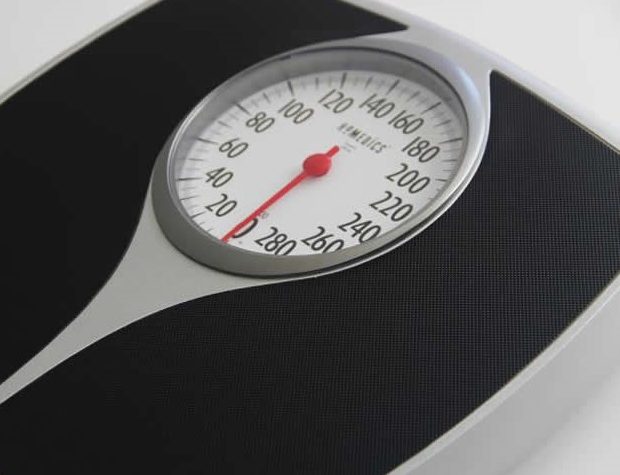
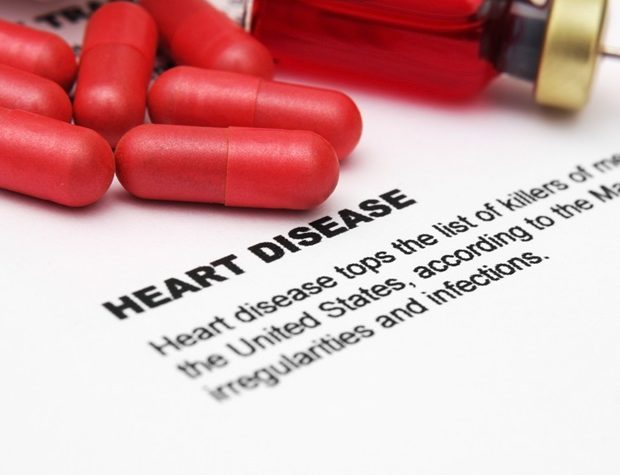
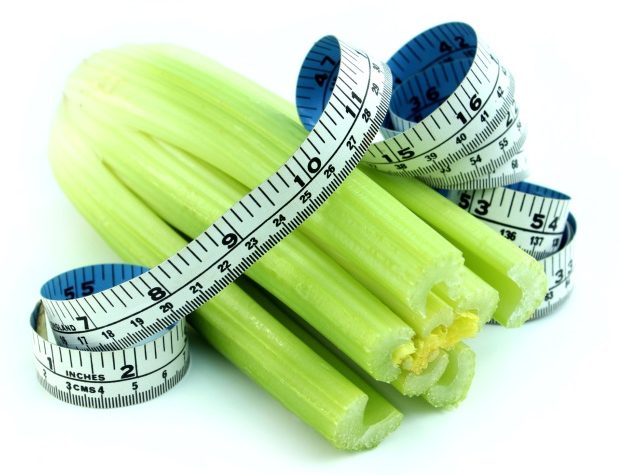
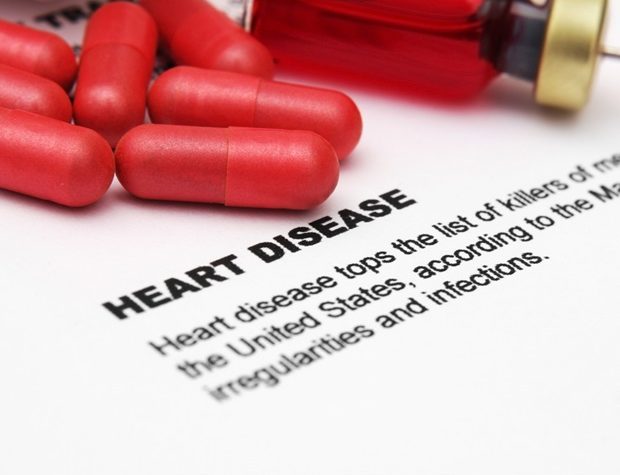
More Stories
Cost-effectiveness of combining weight loss drugs and surgery
Liver function discovery could revolutionize treatments for cardiovascular disease
Preoperative nutrition program enhances patient recovery